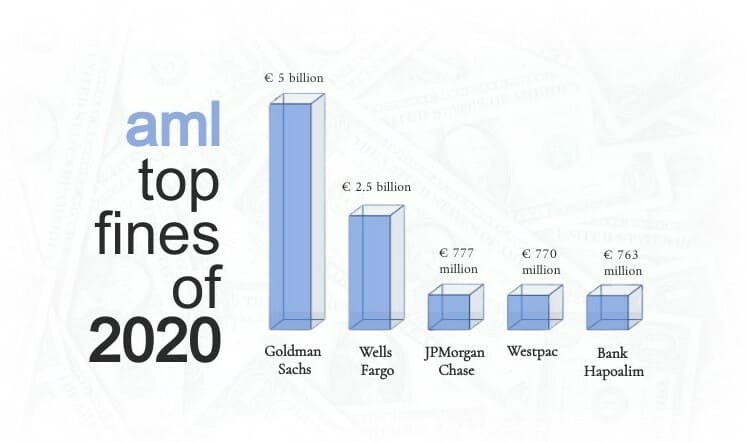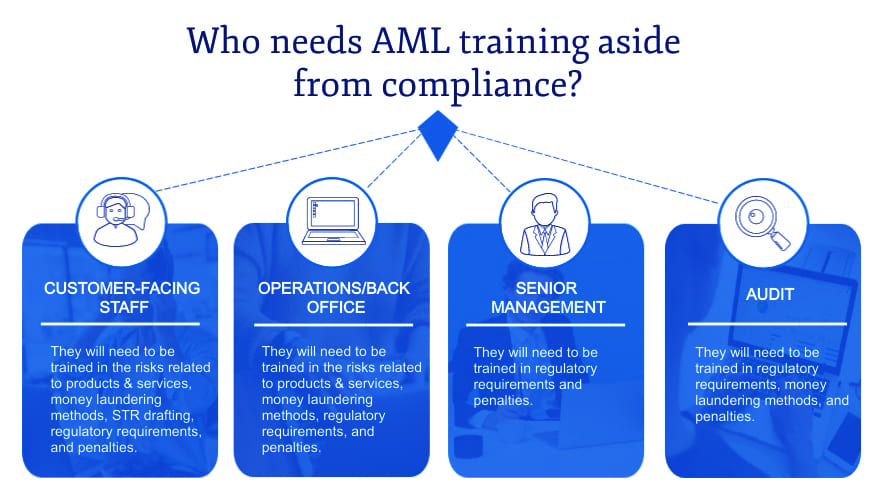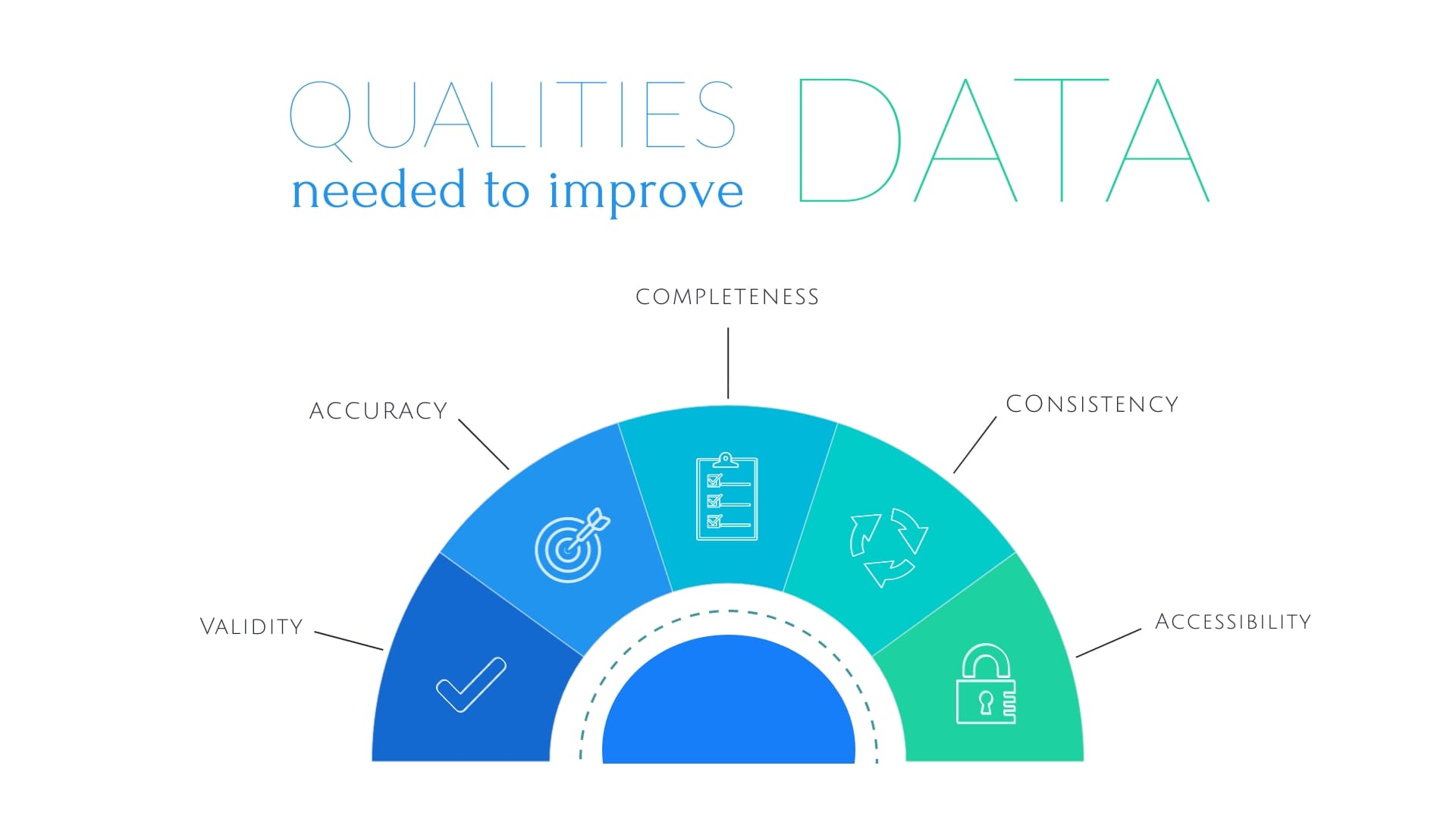On the 20th of September 2020, the world of financial institutions was swept in a storm by the Financial Crime Enforcement Network (FinCEN) Files – a leak of 200.000 suspicious activity reports from banks across the globe that shed light on the ease with which such banks aided criminals in laundering money. The financial institutions involved included some of the biggest names in the world of finance such as Deutsche Bank, Bank of New York Mellon, Commerzbank, and Bank of China amongst others.
The facility with which criminals can launder their ill proceeds has been well known for several years. According to U.N. estimates, between $800 billion to $2 trillion are laundered every year with a rate of confiscation from authorities amounting to only 0.2% of the total. This means that 99.8% of all money laundering goes undetected.

How does a compliance culture impact the success of AML programs?
One of the biggest short fallings of AML programs is the lack of a strong compliance culture within the financial institution, particularly within management. A compliance culture can be defined as the norms and values that a financial institution adheres to that are embedded in the everyday work that the employees carry out.
Often this is not the case. Senior managers or board directors may not have the appropriate knowledge of compliance and AML, don’t know the financial crime risks related to their institution’s business model, products and services, and are unaware of the problems related to their AML programs, let alone how to spot them. Management will often focus on compliance and AML to avoid being fined from regulators without really grasping the importance of such programs in the fight against criminal activity.

How does training affect the failure of AML programs?

There’s often a lack of awareness from staff members, particularly the first line of defence, in knowing how to spot suspicious behaviour and understanding the importance of AML and KYC. This misunderstanding frequently creates resistance towards the compliance department whose investigations and vigilance are viewed as a roadblock towards growing business relationships.
Proper training towards all employees should focus on the importance of AML and compliance, the social and internal consequences of non-compliance, relevant policies & procedures, money laundering techniques (often missing from training), and the steps to take once the suspicious behaviour is spotted. Training when and how to properly draft an STR is also important as it eliminates the problem of reporting everything that is somewhat suspicious which floods FIUs with false positives.

Why is data a major factor in the failure of AML programs?
A major issue with a lot of financial institutions is their inadequate and confused way to handle client data. Information on clients found in internal systems is often incomplete and outdated or hard-to-find and improperly archived in physical and electronic files and dossiers.
Remediating such complications can be costly in terms of effort, money, and time. However, incomplete or inconsistent data can result in improper KYC, loss of important information on the client, fragmentary transaction monitoring, and partial vigilance – all factors that aid criminal activities.
How are transaction monitoring systems responsible for AML failures?
An inadequate transaction monitoring system may hurt a financial institution more than improve its detection of suspicious behaviours.In September of 2020, the Australian bank Westpac was fined a staggering 1.3 billion Australian dollars for its failure to implement a proper transaction monitoring system and an effective customer due diligence program.

The failure to fine-tune and improve the efficiency of detection of transaction monitoring systems result in missing a large portion of suspicious transactions. Solutions have already been put forth with the use of artificial intelligence and machine-learning. Next generation software that utilizes AI to scan transactions and flag suspicious ones are already being developed. However, for the time being most financial institutions are disinterested in investing in such solutions for budget reasons.
What can we conclude from past AML failures?
AML failure can be regarded as a decision – a willingness to not comprehend AML and its importance, to not improve and correct AML programs, and to not obtain the proper instruments needed to carry out the job. Most financial institutions have the tools to implement an effective AML program but choose not to in the name of business or due to ineptitude.
Managers and board directors need to be culpable for their blind and willing actions towards facilitating money launderers for the sake of gains. The notion of “too big for jail” for banks and bankers must end by means of severe punishments that go beyond fines and promises of reforms. Penalties must include jail time and other serious legal actions.
The success of an AML program depends on the entire financial institution sharing the same values and mission in fighting financial crime and stopping the flow of illicit money in the financial system.









